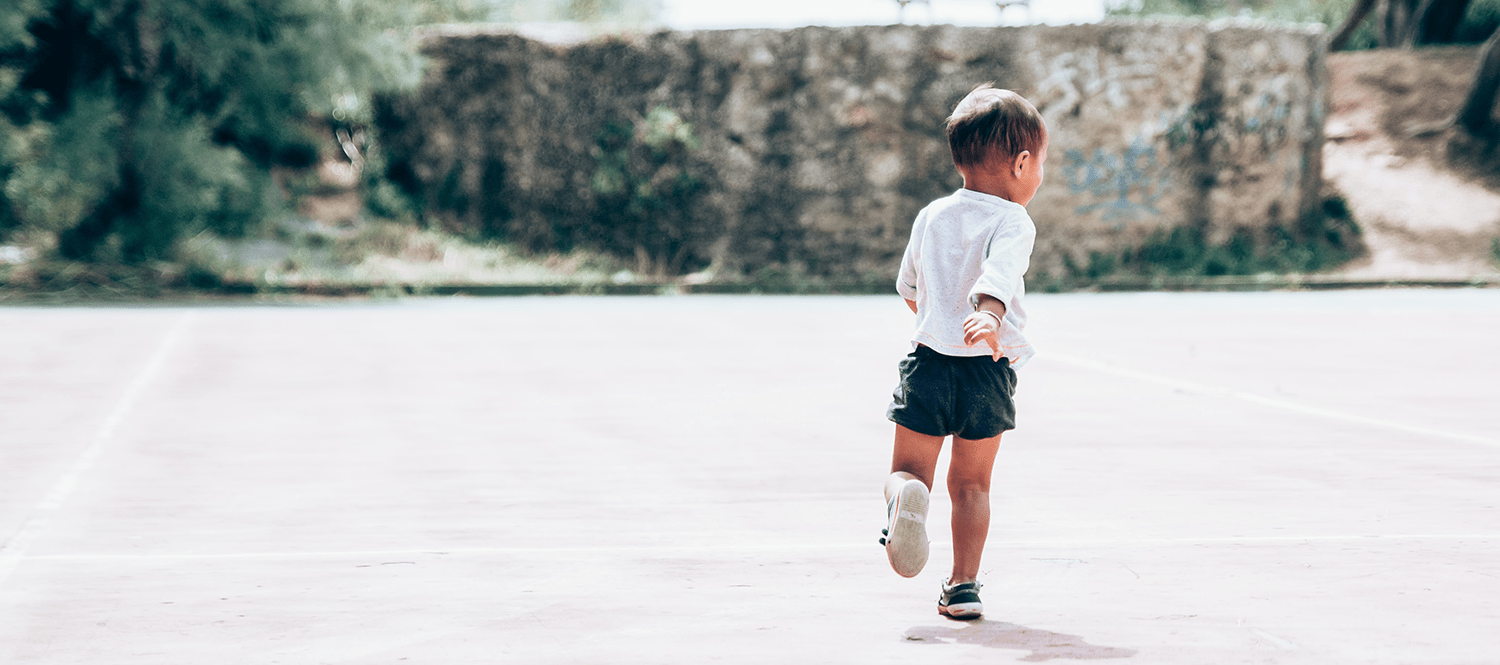
Can Parents Promote Resilience in Their Children?
As I look out my window I am struck by the resilience of nature. As spring fades into summer, the hollies, that suffered severe frost damage from the persistent cold winter winds and looked nearly dead, have recently sprouted new leaves and seem on their way to a full recovery. These hollies remind me of the amazing resilience that many children unveil in the face of overwhelmingly adverse experiences (e.g., chronic poverty, physical or sexual abuse, severe neglect, domestic violence) that crush some children, but trigger adaptation in others.
What is Resilience?
The Merriam Webster Dictionary defines resilience in common language as “the ability to become strong, healthy, or successful again after something bad happens”. That’s an uplifting message that raises a thousand questions. Perhaps that’s why so many researchers are fascinated by the biology and psychology of resilience. To dig deeper, let’s take a look at the recent report – Supportive Relationships and Active Skill-Building Strengthen the Foundations of Resilience from the National Council on the Developing Child. Here’s how resilience is defined in this report.
“The essence of resilience is a positive, adaptive response in the face of significant adversity. It is neither an immutable trait nor a resource that can be used up. On a biological level, resilience results in healthy development because it protects the developing brain and other organs from the disruptions produced by excessive activation of stress response systems. Stated simply, resilience transforms potentially toxic stress into tolerable stress. In the final analysis, resilience is rooted in both the physiology of adaptation and the experiences we provide for children that either promote or limit its development.”
[Supportive Relationships and Active Skill-Building Strengthen the Foundations of Resilience, page 1]
You may recall from reading one of our early blogs on the lifelong consequences of stress that a little tolerable stress can be positive to focus attention and activate children’s learning and development. However, toxic stress results from the accumulation of adverse experiences that throw the body into a stress response repeatedly without the buffer of a supportive adult. This can disrupt children’s brain development, organ functioning, and mental health, leading to lifelong health consequences.
Can We Predict Who Will Be Resilient?
Behavioral and social science researchers have studied resilience of children exposed to trauma within institutions, their communities and their families. This Foundations of Resilience report underscores that, no matter what the circumstances, the single most common factor that leads children to positive outcomes is having a supportive relationship with an adult.
In combination with supportive relationships, three other factors set children on a favorable path of resilience:
- a sense of mastery over one’s own life circumstances,
- strong executive function and self-regulation skills to manage their own behavior and emotions, and use adaptive strategies to cope with difficult situations,
- supportive faith or cultural traditions.
How Can We Help Parents Build Children’s Resilience?
The key ingredient for children in building resilience is having a sensitive adult-child relationship from day one. Healthy brain development relies on “serve and return” interactions between parent (or another primary caregiver) and child during the early years in order to build a foundation of positive sensory experiences and nurturing relationships. Through this early parent-child relationship, children not only feel loved, they also develop a capacity called executive function in research circles. These include how to plan and regulate their own behavior, cope with stressful situations, and adapt to changes in their lives. In the face of trauma, without nurturing relationships and executive function, brain development may be disrupted and physical, mental and emotional health may be in jeopardy.
Longitudinal studies of children developing under extreme adversity (e.g., institutional caregiving, chronic neglect) have revealed a subgroup of children who achieve positive outcomes, despite their life circumstances. Resilience is what tips the balance of the seesaw between a child’s negative and positive experiences. In other words, a bucket of negative experiences on one end can be counterbalanced by a bucket of positive experiences on the other end. Nurturing parent-child relationships offer numerous daily opportunities to fill the bucket of positive experiences for children. The accumulation of positive or negative experiences over time can influence children’s brain, body and socio-emotional development for better or worse.
Studies of resilience also have detected children’s individual genetic differences, expressed through aspects such as developmental abilities, sensory integration and temperament. These affect children’s varied reactions to positive and negative experiences. You can read much more detail in the report on how biological factors interact with children’s social environments to produce positive outcomes. This is summed up eloquently as follows:
“Children who do well in the face of significant disadvantage typically exhibit both an intrinsic resistance to adversity and strong relationships with the important adults in their family and community. Indeed, it is the interaction between biology and environment that builds the capacities to cope with adversity and overcome threats to healthy development. Resilience, therefore, is the result of a combination of protective factors—and neither individual characteristics nor social environments alone are likely to generate sufficiently positive outcomes for children who experience prolonged periods of toxic stress.”
[Supportive Relationships and Active Skill-Building Strengthen the Foundations of Resilience, p. 2,4].
For those of us working to support families, building strong parent-child relationships during daily interactions is key. An assessment tool can guide us in building this critical relationship. Survey instruments alone are insufficient for assessing behavior. That’s why an observational tool, like KIPS, is needed. By using a structured observation, one can gain insights into the parent-child interaction that can guide your work with the parent to promote their child’s resilience. Resilience – what a wonderful gift to give to families!
